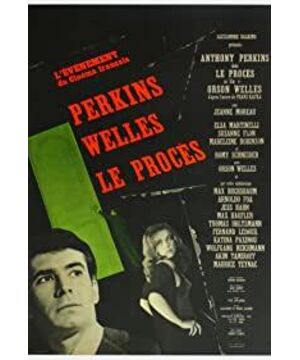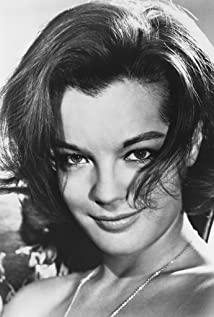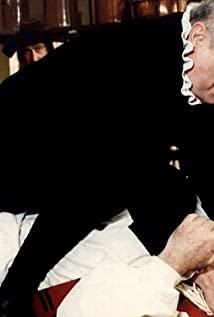"Trial" is a legal word, and many images related to law are used in the story, such as courts, lawyers, police officers, etc. Many people say that this story is a critique of the absurdity of the law, but I disagree. I think this view All are the result of interpreting the story from a realistic perspective. However, both Williams' films and Kafka's novels are obviously surreal, so the court in the story may not be able to match the court in real life, and the "justice" sought by the protagonist K is not real The justice of the meaning of the law is the justice of being born as a human being. Similarly, the legitimacy he seeks is also a kind of legitimacy about human existence, not legality in the legal sense. This point is actually pointed out in the story. In Kafka's novel, the courts that tried K were not the courts located in the government buildings, but the courts hidden in the narrow and closed attic. In the movie, although the place where the court is located has a huge gate, which symbolizes the superiority and inviolability of the law, it is full of people - this is also the same as the description in Kafka's novel, no matter how small the court in the story is. It is cramped or spacious, and it is full of crowded people. Therefore, it can be said that the so-called "trial" is actually a mutual "trial" between people. That is to say, the question discussed in this story is actually how people interact. The problem of getting along, in this sense, Kafka's "Trial" not only inspired Camus to create "The Outsider", but probably also inspired Saudi Arabia to create "Trial in Quarantine" (also translated "Confinement"), from Saudi "others". From the perspective of hell”, it is also possible to obtain a reasonable interpretation of The Trial.
The story is full of lengthy dialogues, but the absurdity is that there is no real understanding between people. From the landlady, to the neighbor Miss Burstner, to the confession to the crowd at the first trial, K's words always seem to be To be misunderstood, taken out of context, and intentionally distorted, this is the real situation in which each of us lives, so the "judgment" actually comes from any other than the self. There is no real love and kindness between people, which can be seen from the relationship between K and several women. In this sense, the story reveals the lonely situation in which people exist in the world. In this situation, personal innocence And justice will be drowned in the clamorous crowd.
:! ^ =
View more about The Trial reviews











